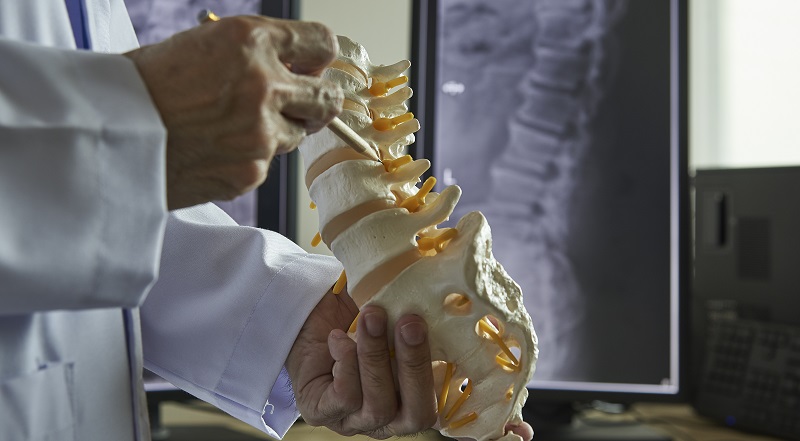6 Benefits Of An Endoscopic Discectomy
Category: Spine Surgery | Author: Stefano Sinicropi

Herniated discs are incredibly common, with about 1 in 50 Americans suffering one each year. When a spinal disc herniates, the disc’s inner material can leak out and press against your spinal cord, leading to pain and physical dysfunction. Although herniated discs can oftentimes be treated with conservative techniques, a fair amount will require surgery to achieve the best outcomes. One such operation is known as an endoscopic discectomy, and we explore the benefits as it pertains to herniated disc treatment in today’s blog.
The Advantages Of Endoscopic Discectomy For Herniated Discs
An endoscopic discectomy is a minimally invasive procedure that has a very high success rate at alleviating pain and preventing lingering issues like radiculopathy. Here’s a look at why so many spine specialists prefer the procedure when addressing a herniated disc.
- Minimally Invasive – As we alluded to in the intro, one of the biggest benefits of the endoscopic procedure is the fact that it can be completed on a minimally invasive basis. With the help of small incisions and a microcamera that relays a live feed of the surgical site to a monitor in the operating room, the surgeon can perform the operation without making a large incision. This helps to reduce scar tissue and reduces the likelihood of complications like blood loss or nerve damage.
- Quicker Recovery – Because the surgery is less invasive, it also means that less healing needs to occur at the surgery site. With less trauma caused by surgery, recovery occurs faster, getting patients back to their normal lives sooner.
- Avoiding General Anesthesia – Unlike traditional spine surgeries, an endoscopic discectomy can be performed using local anesthesia. This eliminates some of the rare but potentially serious complications associated with putting a patient out using general anesthesia.
- Fast Procedure – An endoscopic discectomy can be performed in about 30 minutes, and oftentimes it can be performed on an outpatient basis, meaning the patient can head home the same day as surgery.
- Reduced Patient Costs – Because patients can be discharged the same day, and because surgery typically yields great long-term results, patient costs can be reduced. You won’t have to pay for an extended stay in the hospital or for long-term painkillers because non-operative methods didn’t provide enough pain relief.
- Effective Even After Conservative Care Fails – Conservative care can provide relief in the majority of cases, but opting for non-operative methods won’t cost you if you end up needing surgery. The minimally invasive procedure has an extremely high success rate, even if the patient puts off surgery to pursue conservative techniques that ultimately fail to provide relief.
So if you have failed to find relief from non-operative treatment methods for your herniated disc, or you just want a specialist to take a closer look at your spine to figure out what’s going on, reach out to Dr. Sinicropi and the team at the Midwest Spine & Brain Institute today.